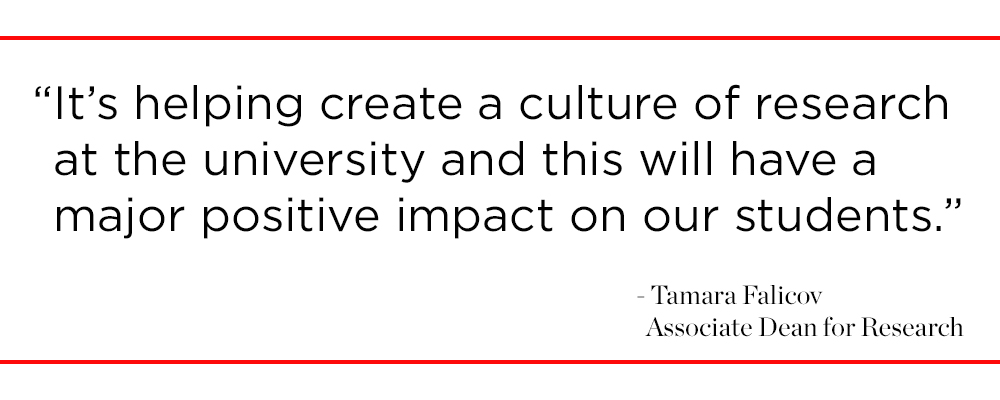
By Joel Mathis
When Robert Hurst travels to Garden City this fall to wrap up filming on his new documentary, he won’t go alone — he’ll take along some help, in the form of an undergraduate student – Bailey Dickman – from the Film and Media Studies department at the University of Kansas.
It won’t be the first time that Hurst, an associate professor in the department, has used undergraduate help on one of his films. “Students have been participating in faculty research projects in Film and Media Studies for as long as I’ve been here — over 10 years,” he said.
But one major thing has changed regarding research in the College. Hurst’s project is being supported by a new program in KU’s College of Liberal Arts & Sciences — the “Research Excellence Initiative,” a new privately funded effort designed to jumpstart faculty research projects while opening those same research opportunities to students, particularly undergrads, eager for hands-on work in their field.

“It’s experience you just can’t get in the classroom,” Hurst said of undergraduate research.
The Research Excellence Initiative made its debut in January 2018 with the awarding of more than $250,000 in grants to support the work of more than 100 faculty, postdoctoral fellows, and graduate and undergraduate students spanning the range of disciplines represented in the College.
Among the goals of the initiative: To supply faculty with “seed” grants that help them do the work that will attract larger external grants to fund their research over the long-term. That effort is already bearing fruit, officials say: Recipients of Research Excellence Initiative grants have already used that to attract funding from the Andrew W. Mellon Foundation and the National Science Foundation.

“I am thrilled to see that less than a year in, faculty and students have already begun to see results, in the form of new external grant funding, as well as prestigious fellowships and awards,” said Clarence Lang, interim dean of the College. “Research is the engine that drives top-tier research universities like KU, and I am grateful for the generosity of donors who have made this possible.”
Officials say they believe the initiative will help KU enhance its efforts and reputation as a “Research I” university. And students, they say, will benefit from the new opportunities.
“I think seeing something in action maybe turns the light on a little bit,” Hurst said. “It connects the ideas discussed in the classroom with stuff that’s actually happening.”
CULTURE OF RESEARCH
The Research Excellence Initiative is led by the College’s associate deans for research, Professors Tamara Falicov and Joy Ward, and administrative associate for research, Tabatha Gabay.
“We’re trying to provide opportunities for faculty not only in the sciences, but also for humanities and arts faculty,” said Falicov. “That will translate into research opportunities for undergrads and grad students.”
External funding sustains much of the research done at KU, the duo said, but obtaining those resources is often arduous.
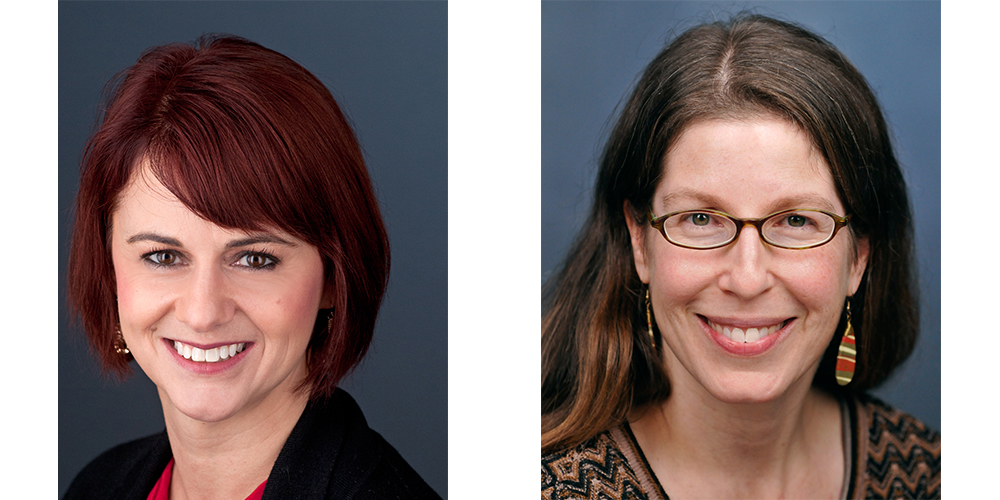
“There are many areas of science where we’re operating in a highly competitive environment – sometimes only about 8 to 10 percent of grant proposals are successfully funded,” Ward said. “The Research Excellence Initiative provides bridge funds for our faculty to advance their work as they work to attain major grants. When you try two or three times, and in the end you get the grant on the fourth try, you need that bridge to sustain student participation in research. And we provide that through this initiative.
Projects funded by this initiative explore a range of subjects, such as examining the effects of a reward system to help adolescents overcome eating disorders; illustrating a book that is in press that explores modernist decorative arts created by Tunis-based artists; and developing new methods to calculate key measures for transport properties in CO2-expanded liquids.
These are important topics. But the “really special” aspect of the Research Excellence Initiative, Falicov and Ward say, is how it provides opportunities for undergraduates to participate in faculty-level research. Applicants are asked to discuss how their work would also affect student participation, learning, networking, and achieving career-readiness.
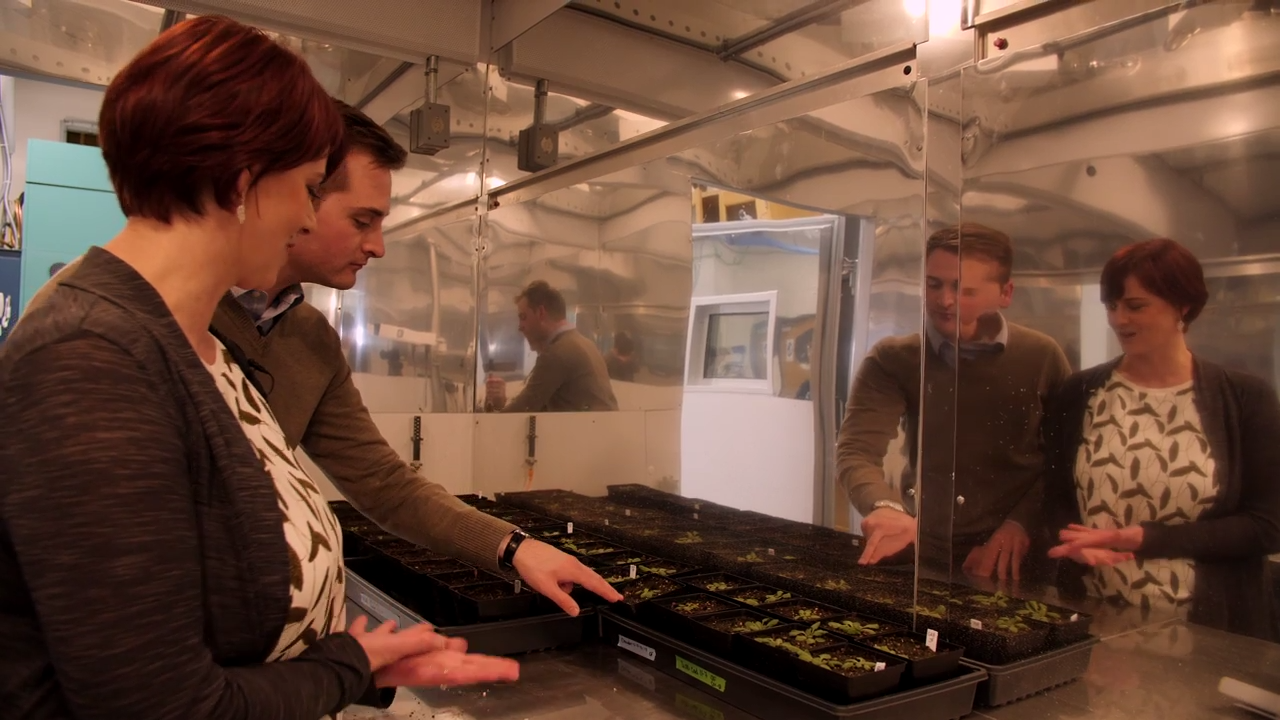
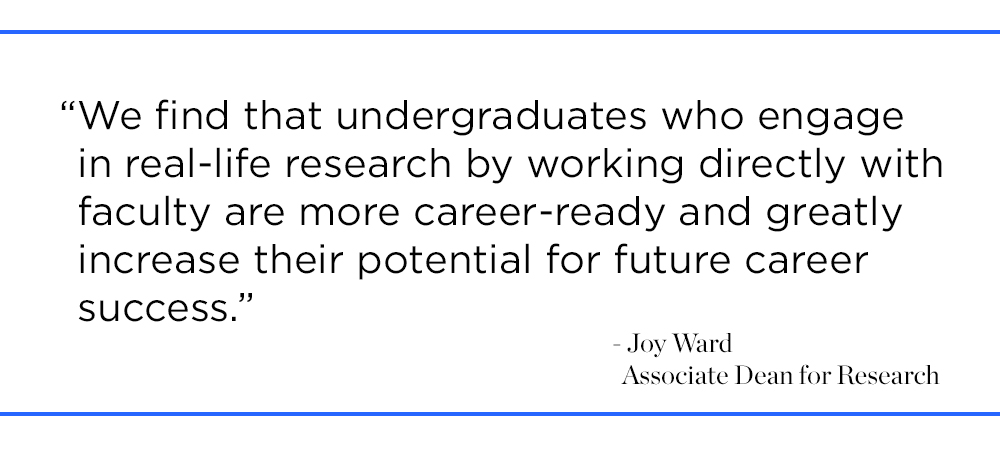
That, in turn, has challenged faculty members to think more broadly about how they engage students. Kathryn Rhine, an associate professor in anthropology who received a Research Excellence Initiative grant to develop a “humanities lab” that helps Tanzanians use digital resources to solve local health issues, said she brainstormed with colleagues about how to meet the challenge.
“How do we start to teach or mentor collaborative practices in the humanities, and what do students need to be able to learn the skills, learn teamwork, learn how to manage projects, learn how to communicate in a group setting?” she said.
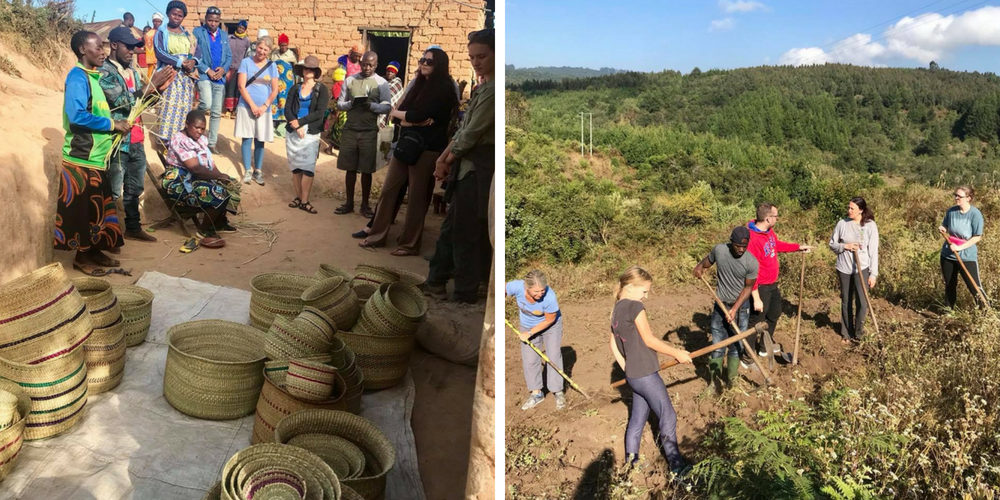
Mary C. Hill, a geology professor whose research of water issues in Kansas, is being funded by the Research Excellence Initiative. She said research is an incredible learning opportunity for students.
“Doing independent research is a different frame of mind than learning in classes,” she said. “When you’re doing research, you don’t really know what the next step should be. There’s a certain set of skills that you develop to make those decisions more efficiently, make more right turns than wrong turns.”
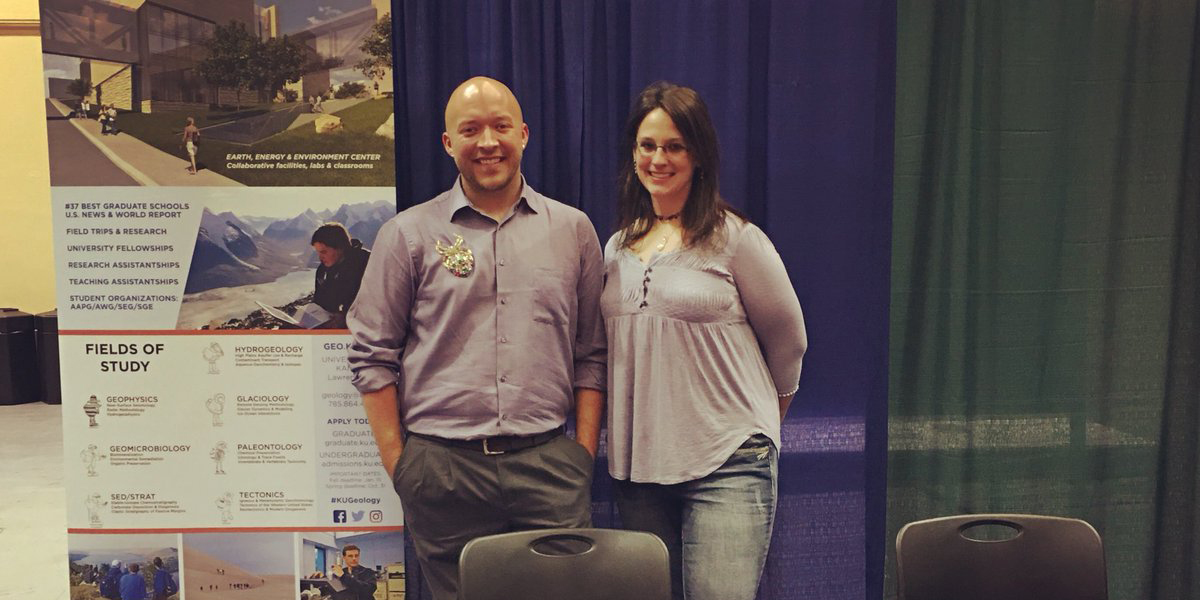
LOOKING AHEAD
The results, Rhine said, should resonate beyond academia.
“We have a master’s student who’s just getting started. We have a law student and we have an epidemiology student,” Rhine said of her project’s graduate level participants. “So to take undergrads in the liberal arts and sciences and pair them with the students that are following these different tracks — they can actually start to imagine different ways of using their education beyond teaching.”
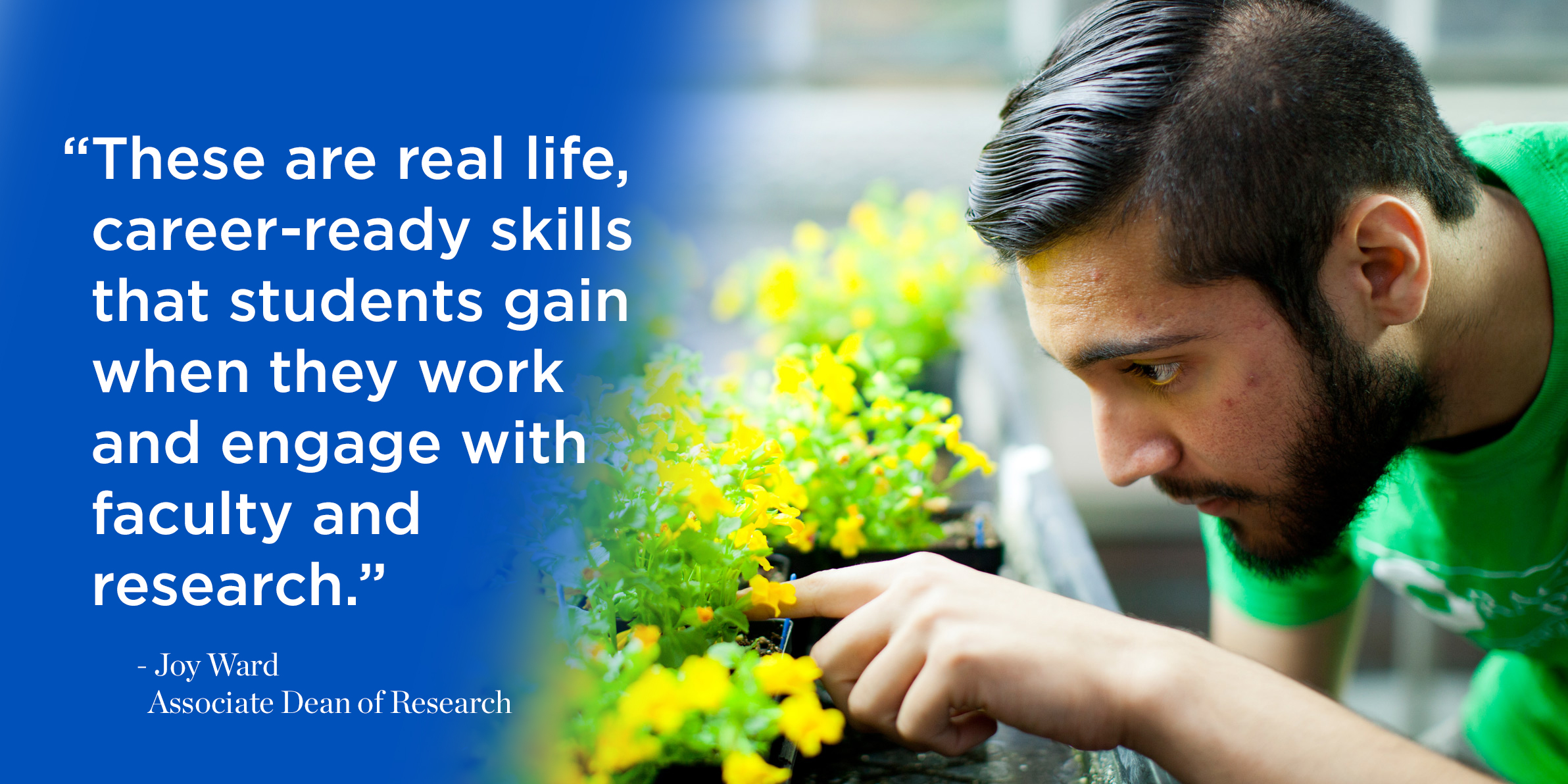
There will be more opportunities. The College will open the call for proposals each fall with awards to be made during the spring semester, with additional opportunities in open calls throughout the academic year.
The project requires funds, of course. Therefore, generous alumni and supporters have made gifts to support the Research Excellence Initiative, both as one-time gifts and establishing new named funds. Funds for the Research Excellence Initiative are managed by KU Endowment.
The Research Excellence Initiative was the College’s primary fundraising focus during the university-wide “One Day. One KU.” campaign in February. Furthermore, interim dean Lang hopes to build support for this initiative such that all interested students can be supported to have a research experience in the College.
More research. And more students getting hands-on learning. It all adds up to strengthening the College — and KU as a whole, Falicov said.
